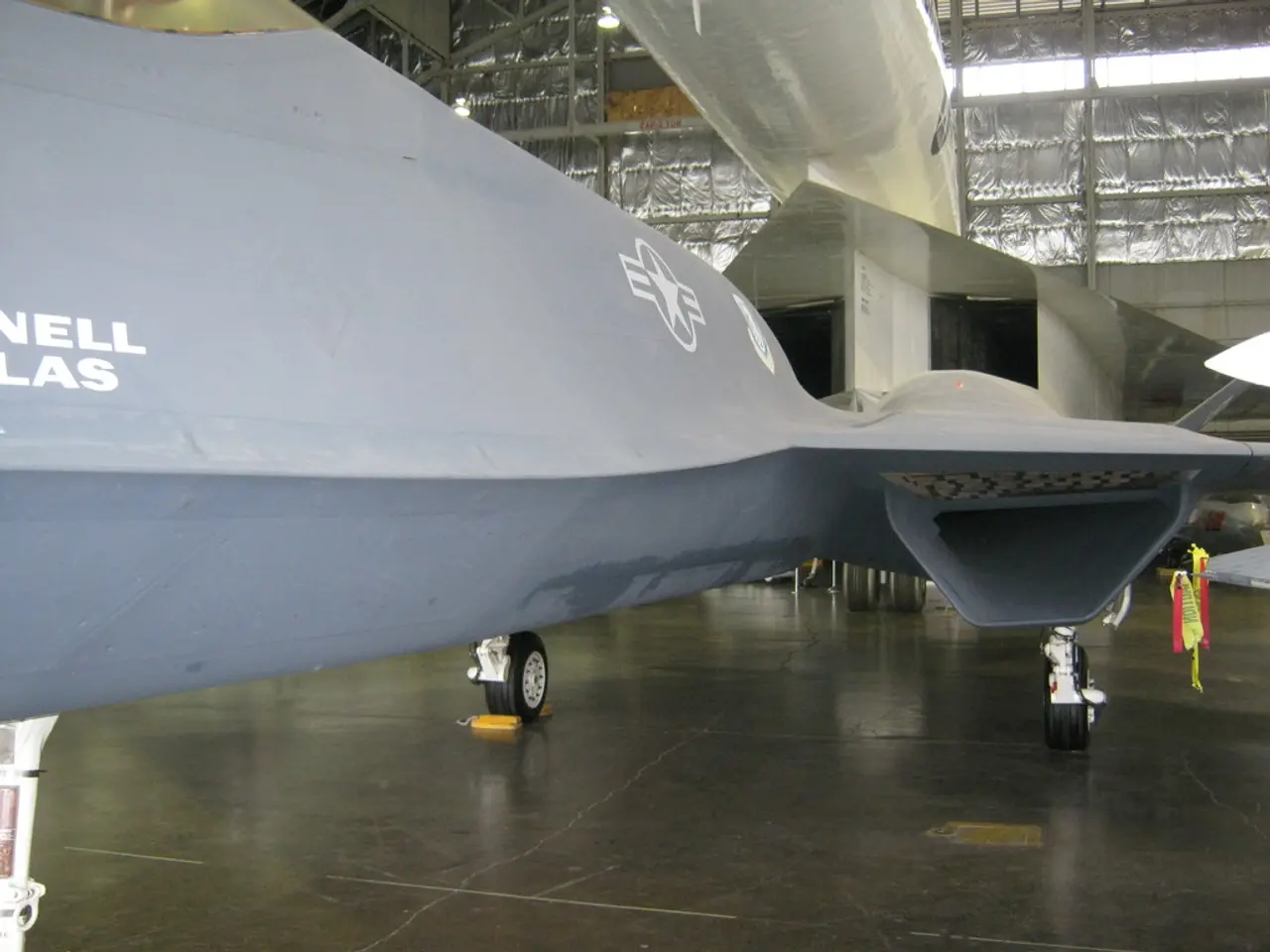Gulf Air's CEO claims airlines booking rebound following airport closures amid Israel-Iran clashes.
In a sign of confidence in future growth and sustained demand for long-haul travel, Gulf Air, the national carrier of Bahrain, has agreed to add up to 18 Boeing 787 Dreamliners to its widebody fleet. This ambitious expansion will further bolster the airline's operations, supporting a network of over 50 destinations across Asia, Europe, and now the United States.
The 787 Dreamliner, renowned for its fuel efficiency and reliability, is central to Gulf Air's operations. The new aircraft, set to be delivered in 2026 and 2027, will be powered by GE engines, marking a departure from the Rolls-Royce engines currently used in the airline's 10 Boeing 787-9s.
This strategic shift comes as Gulf Air prepares to resume nonstop flights to the United States, specifically launching a new route between Bahrain and New York's John F Kennedy Airport in October 2025. This marks a return to the U.S. market after decades, indicating strategic positioning to capture evolving travel demand and cater to both business and leisure passengers connecting the Gulf and North America.
Gulf Air's U.S. relaunch includes partnerships with a new terminal at JFK and potential codeshare arrangements with American Airlines and benefits from oneworld alliance participation. These collaborations may enhance connectivity and passenger convenience despite challenges such as departure times.
While the Israel-Iran conflict and associated regional airspace issues could have caused temporary disruption, there is no direct evidence in the current available data of sustained downward demand for Gulf Air. Instead, the airline is actively investing in modern, fuel-efficient aircraft and network expansion, which aligns with a recovery and growth trend in regional aviation post-conflict.
Jeffrey Goh, chief executive of Gulf Air Group Holding, acknowledged the impact of regional tensions on the airline in June, stating that it had affected demand and passenger numbers. However, the strategic focus on strengthening and expanding the international network rather than showing signs of reduced demand or negative impacts suggests Gulf Air expects stable or growing passenger demand and aims to position Bahrain as a key aviation hub despite geopolitical challenges.
The broader challenge remains addressing the concerns of transit passengers from the East and West over whether it is safe to fly through hubs in the Middle East. Nevertheless, Gulf Air's ambitious expansion plans and strategic partnerships indicate a resilient and optimistic outlook for the future of the airline. The exact delivery dates for the Boeing 787 planes are yet to be finalized, with the aircraft expected to be delivered in the early 2030s.
- The 787 Dreamliners, known for their fuel efficiency and reliability, will significantly contribute to Gulf Air's operations, supporting a network extending across Asia, Europe, and now the United States.
- The Middle East, including countries like Qatar, Bahrain, and the UAE, will see a breathtaking trajectory with Gulf Air's addition of up to 18 Boeing 787 Dreamliners to its widebody fleet.
- In line with the expanding fleet, Gulf Air is poised to make health and safety a priority, ensuring the well-being of passengers onboard these aircraft.
- The Iran-Israel geopolitical issues may present temporary challenges, but they have not demonstrated any sustained downward demand for Gulf Air.
- In fact, in response to the recovery and growth trend in regional aviation post-conflict, Gulf Air is actively investing in modern, fuel-efficient aircraft and network expansion.
- The airline industry, with its focus on aviation, business, and technology, is closely monitoring this growth trend in the Middle East and the strategic moves of players like Gulf Air.
- The potential codeshare arrangements with American Airlines and oneworld alliance participation offer opportunities for enhancing connectivity and passenger convenience.
- Under the increasingly interconnected global business and finance landscape, news travels fast, and the aspirations of Gulf Air have not gone unnoticed – the airline's ambitions are the talk of the town in the media circles.
- Aside from the aviation sector, the broader transportation industry, including transportation and lifestyle sectors, will witness significant changes following Gulf Air's expansion plans.
- With the upcoming delivery dates for the Boeing 787 planes to be determined, Gulf Air is preparing for a long and prosperous journey into the future.
- Amid these ambitious expansion plans, Gulf Air aims to position Bahrain as a key aviation hub, providing the world with a modern, capable, and resilient carrier that sets the standard for excellence in the Middle East and beyond.




